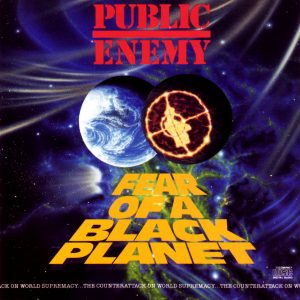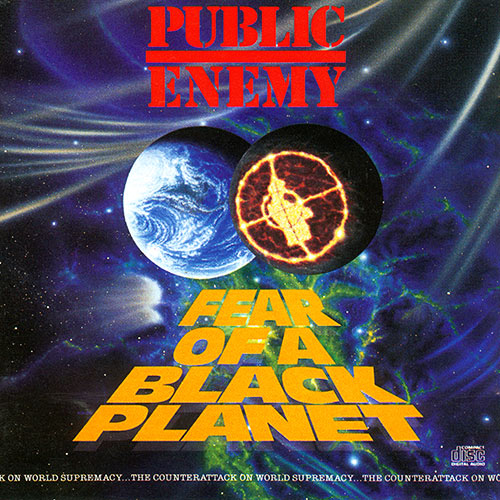

Thirty-four years ago, Ice Cube released Kill At Will, a blistering follow-up to his landmark debut album, AmeriKKKa’s Most Wanted. As an EP, it’s a concise yet potent project that not only cemented Cube’s reputation as a pioneering solo artist but also showcased his ability to blend storytelling, social commentary, and unrelenting aggression.
Clocking in at just under 25 minutes, Kill At Will serves as both an extension of his debut’s themes and a standalone statement. The EP begins with “Endangered Species (Tales From the Darkside),” a hard-hitting collaboration with Chuck D of Public Enemy. The track tackles systemic violence, police brutality, and the precarious position of Black lives in America—a message as relevant today as it was in 1990. Cube’s verses are sharp, unflinching, and filled with urgency, while Chuck D’s presence reinforces the weight of its message.
Another standout is “Dead Homiez,” a somber reflection on the cycle of violence in South Central Los Angeles. Cube adopts a mournful tone as he pays homage to fallen friends, capturing both the grief and frustration that come with living in a community plagued by gang violence and systemic neglect. The haunting production amplifies the emotional impact, showcasing Cube’s versatility as not just a firebrand but also a deeply introspective storyteller.
“Jackin’ for Beats” is perhaps the EP’s most innovative track, where Ice Cube raps over a medley of beats borrowed from other popular songs of the time. It’s a playful yet assertive display of lyrical dominance, as Cube effortlessly adapts his flow to each new instrumental, proving his prowess as a master emcee. This track also nods to hip-hop’s roots in sampling and reinvention, making it a clever meta-commentary on the genre itself.
The EP closes with “The Product” and “I Gotta Say What Up!!!,” which continue Cube’s sharp critique of societal issues while reinforcing his role as an unfiltered voice for the disenfranchised. The latter track serves as a shoutout to the hip-hop community, solidifying Cube’s connection to his peers and the movement as a whole.
What makes Kill At Will remarkable is its balance. While it carries the same confrontational energy as AmeriKKKa’s Most Wanted, it feels more focused and distilled. The EP format works in its favor, offering listeners a concentrated dose of Ice Cube’s artistry without filler.
Decades later, Kill At Will remains a pivotal moment in Ice Cube’s career and hip-hop history. It captured the zeitgeist of the early ‘90s, where racial tensions, police violence, and urban decay loomed large in America’s collective consciousness. More importantly, it gave a voice to those living in the margins, proving once again that Cube was more than a rapper—he was a revolutionary.
Listening to Kill At Will today, its themes still resonate, making it both a time capsule and a timeless piece of art. It’s a testament to Ice Cube’s vision and a reminder of the power of hip-hop as a tool for truth and transformation.
The post Today In Hip Hop History: Ice Cube Dropped His Solo ‘Kill At Will’ EP 34 Years Ago appeared first on .



